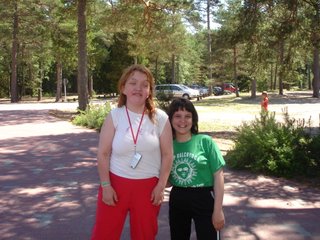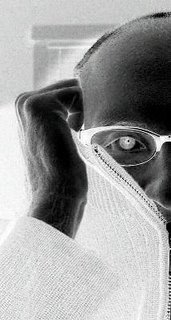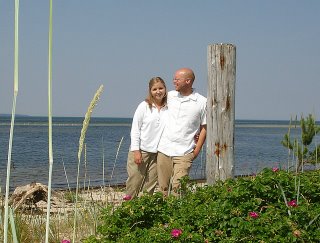
He swayed left and right while he walked. It made him move like I used to when I would get on the hanging bridge part of a jungle gym and shake the mess out of it to scare everyone who was on it with me. I was playing. He wasn't.
I don't know if it was a congenital issue, but the crippled soul walking by fixed his eyes directly in front of him. I bet he was tired of the pity. I bet he was over the people who couldn't get over him. He couldn't bear to watch people who couldn't bear to watch him. People like me.
I don't know why I get so uncomfortable around the handicapped. I just get this "I-gotta-dodge-'em" feeling and look the other way trying to find the nearest object that looks interesting enough to seem like I was actually looking at it. I did that very thing today, but I don't think he saw me.
"Oh, what a shame," I think. "How awful it would be to have to live that way."
The problem is -- I'm the problem. It's horrible to live that way because I think thoughts like that and back them into corners or stuff them into stereotypes. The pity of that life has nothing to do with him and everything to do with the one doing the pitying. Society even goes so far as to call them "invalids." In-valid? That's ridiculous! Since when did validity find foundation in a gait or the ability to park closest to Barnes & Noble?
The Russian girls in this picture taught me a valuable lesson about John 9:
"As he went along, he saw a man blind from birth. His disciples asked him, 'Rabbi, who sinned, this man or his parents, that he was born blind?'
'Neither this man nor his parents sinned,' said Jesus, 'but this happened so that the work of God might be displayed in his life.'" (1-3)
These girls, like the man I saw today, have a gift from God. Never once did they feel the pity or shame of human examination. I know that because I could see the Lord in their eyes and on the faces of the kids there in Tallinn. They didn't treat them like outcasts or invalids, but with respect and reverence. It was as if they knew that those girls had been divinely blessed with their differences.
When I read that God will not give us more than we can bear, I used to think that I would have it made. All of my future woes had been promised to be tolerable. All of my future woes. It's only been recently that I began to apply that verse to the places I've been or what I have become.
God won't give me more than I can bear: I live in America -- I wouldn't have made it otherwise. I was born and raised to and in faith-trusting family -- I wouldn't have made it otherwise. I am a white male -- I wouldn't have made it otherwise. I am not ugly -- I wouldn't have made it otherwise. I am not poor -- I wouldn't have made it otherwise. I am a heterosexual -- I wouldn't have made it otherwise. And, here, in this instance, I am not handicapped -- I wouldn't have made it otherwise.
Blessed are the blessed, for they can handle it.






